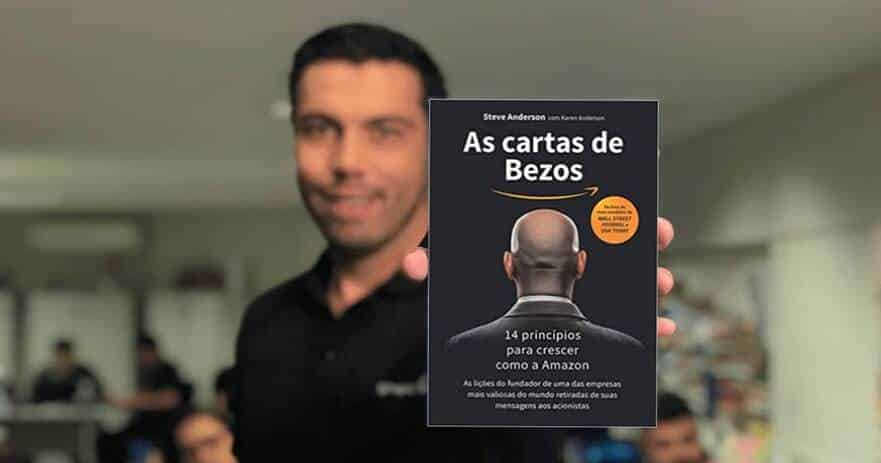
The Bezos Letters - Steve Anderson, Karen Anderson
Have you ever thought about having Jeff Bezos as your business coach? Find out in this summary which principles have made Amazon into one of the most successful companies in the world!
Choose language:
